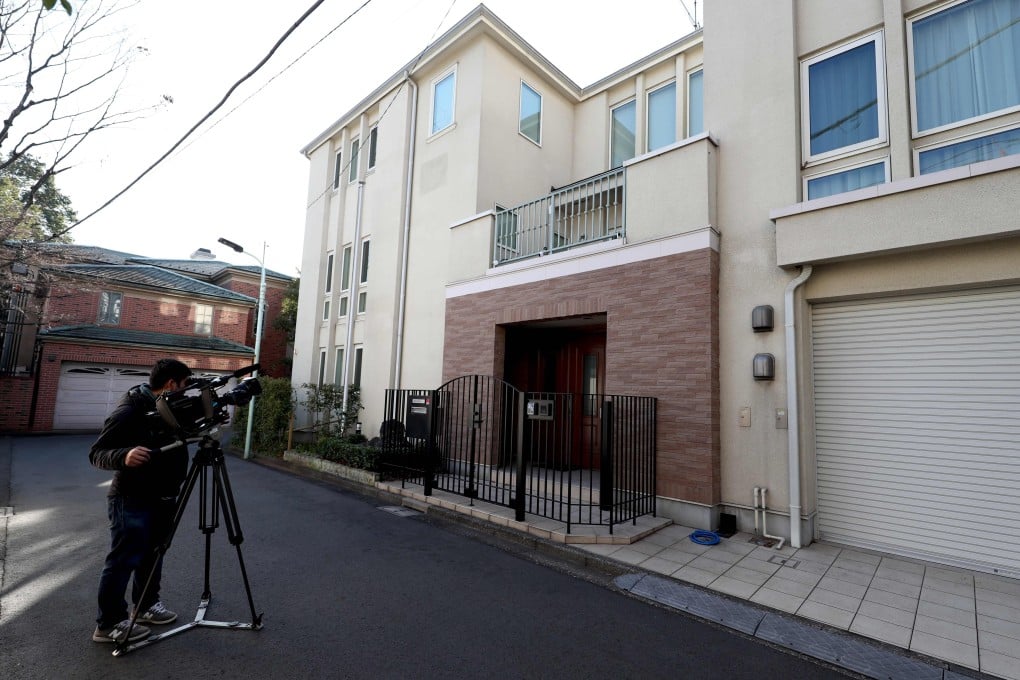Advertisement
Opinion | Carlos Ghosn fled Japan’s legal system. Is Canada’s star prisoner, Meng Wanzhou, taking notes?
- There are parallels between Ghosn’s and Meng’s cases. Both were business leaders detained at an airport and placed under house arrest. The charges against both seem politically motivated. But one of them is more likely to get a fair trial
Reading Time:3 minutes
Why you can trust SCMP

The news that a titan of business successfully escaped house arrest in Tokyo via a carefully choreographed flight overseas cannot have gone unnoticed in certain quarters in Vancouver.
The sudden turn of events in the miscarriage of justice against Japan’s gaijin prisoner No 1, Carlos Ghosn, is bound to unsettle, and perhaps galvanise, people close to Canada’s star prisoner, Meng Wanzhou.
There are striking parallels between the cases of Ghosn and Meng, who both went from jet-setting lifestyles to house arrest. Both were respected business leaders and privileged workaholics. Both were rudely detained at an airport, cuffed and tossed into jail. Both ended up under house arrest, a state of detention mitigated by ready access to cash.
Advertisement
Meng was permitted to post bail and pay for her watchmen, whereas Ghosn got stuck in solitary confinement in accordance with the draconian code of Japanese law. Feudal ideas persist, deeming those arrested to be guilty until proven innocent, and Japan’s fabled 99 per cent conviction rate bodes ill for anyone unlucky enough to be detained.

In both cases, the charges against the accused, though not entirely spurious, seem politically motivated. In big-business circles, where the line between business as usual and corruption is a rather fine one, it takes bad luck or political enmity to trigger arrest and conviction.
Advertisement
Advertisement
Select Voice
Select Speed
1.00x
